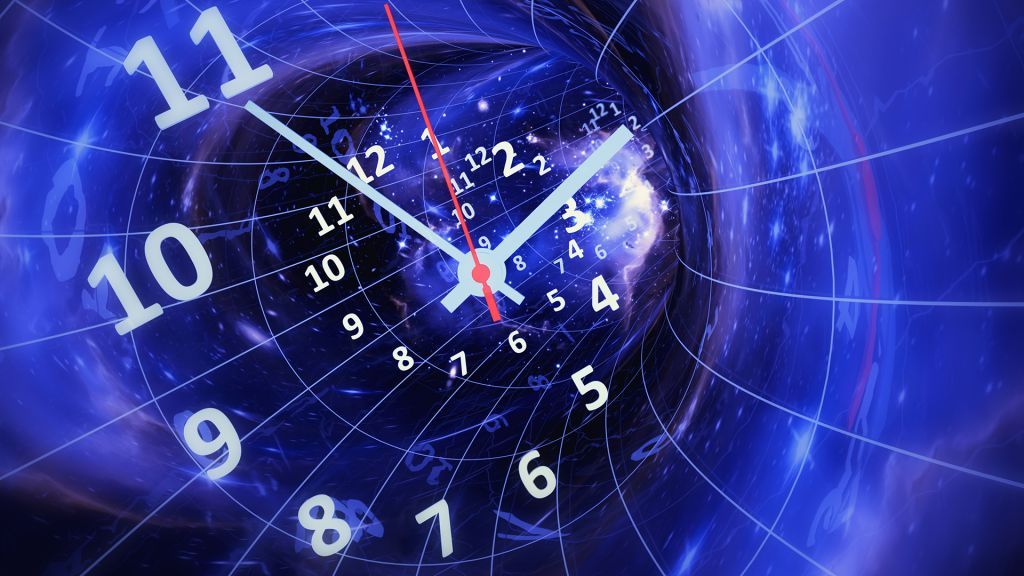
www.space.com
How does time work?
From the beginning of the universe to the present day, it’s one of the few things we regard as regular and unchanging. We take a look at the physics of time.
Science & Tech
When considering time, it’s easy to quickly get lost in the complexity of the topic. Time is all around us — it’s ever-present and is the basis of how we record life on Earth. It’s the constant that keeps the world, the solar system and even the universe ticking.
Civilizations have risen and fallen, stars have been born and extinguished, and our one method of keeping track of every event in the universe and on Earth has been comparing them to the present day with the regular passing of time. But is it really a constant? Is time really as simple as a movement from one second to the next?
13.8 billion years ago the universe was born, and since then time has flown by to the present day, overseeing the creation of galaxies and the expansion of space. But when it comes to comparing time, it’s daunting to realize just how little of time we’ve actually experienced.
Earth might be 4.5 billion years old, but modern humans have inhabited it for around 300,000 years — that’s just 0.002% the age of the universe. Feeling small and insignificant yet? It gets worse. We’ve experienced so little time on Earth that in astronomical terms we’re entirely negligible.
In the 17th century physicist Isaac Newton saw time as an arrow fired from a bow, traveling in a direct, straight line and never deviating from its path. To Newton, one second on Earth was the same length of time as that same second on Mars, Jupiter or in deep space. He believed that absolute motion could not be detected, which meant that nothing in the universe had a constant speed, even light. By applying this theory, he was able to assume that if the speed of light could vary, then time must be constant. Time must tick from one second to the next, with no difference between the length of any two seconds. This is something that it’s easy to think is true. Every day has roughly 24 hours; you don’t have one day with 26 and one with 23.
Read more:
























































